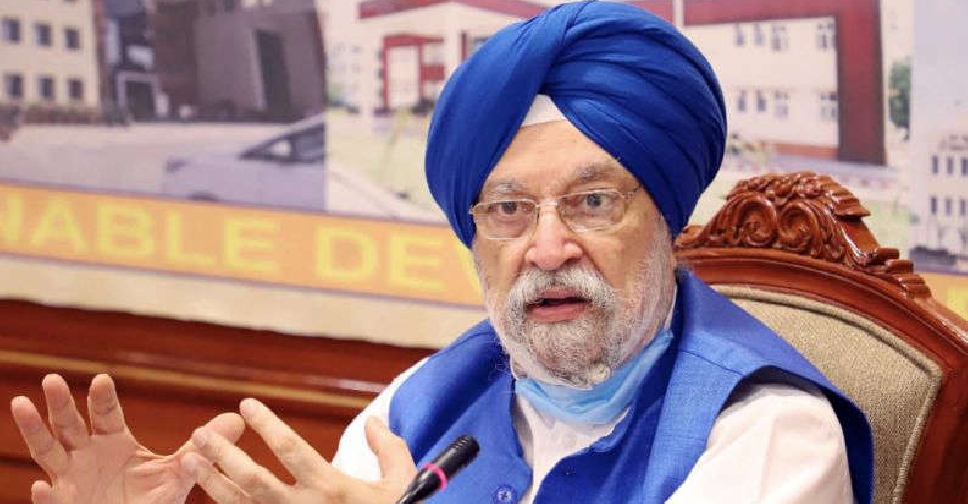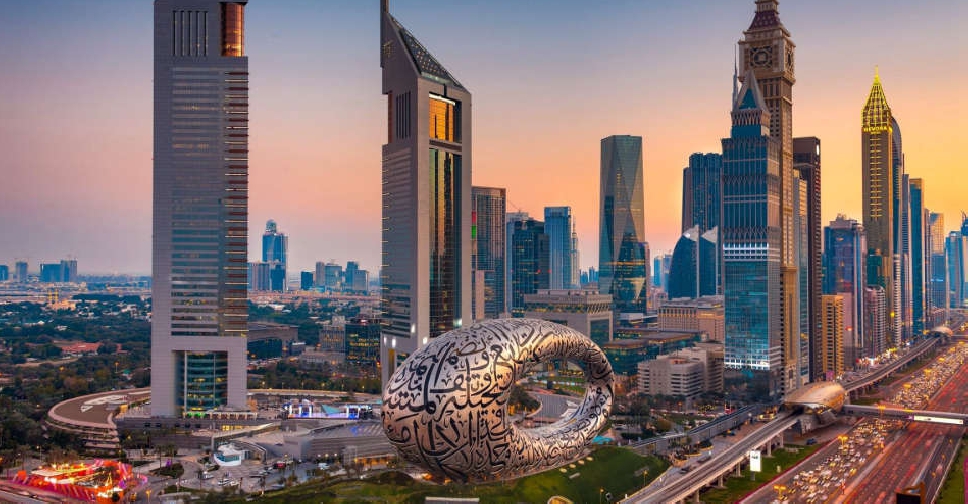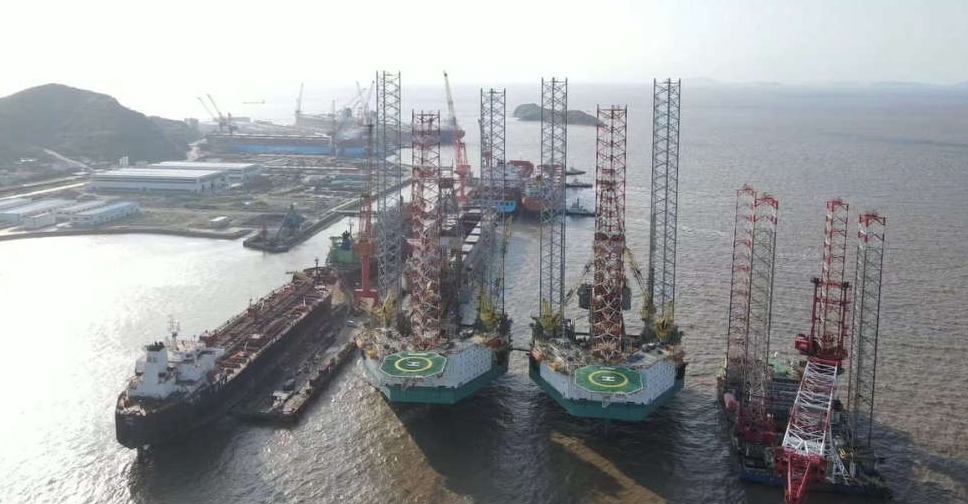
"Whether it should be altered from 'phase-out' to 'phase down', it did not come from us," says Hardeep Singh Puri, the Indian Minister of Petroleum and Natural Gas.
The comment referenced India's stance on coal as a source of energy post-2050, during an interview with Dubai Eye 103.8's Business Breakfast at the Abu Dhabi International Petroleum Exhibition and Conference (ADIPEC).
The minister refused to name the "third party" who was behind the use of the language.
However, reports issued during COP26 by India's Environment and Climate Minister, Bhupender Yadav, said that the final agreement would say 'phase down unabated coal power' instead of the previous language to 'phase it out.'
The change was a last-minute stance taken by India, and backed by China and other coal-dependent nations.
As a developing nation with ambitious plans, coal acts as a lifeline for many local communities in a country with a population of 1.3 billion.
Coal mines employ up to four million Indian nationals, according to various reports. Coal also accounts for 75 per cent of energy generation in the country.
Despite boasting large coal reserves, India continues to rely on coal imports to power its grid.
This dependency was queried during the interview with the Indian Minister, who said that the country's grid is incapable of handling a rapid energy transition without taking appropriate measures over time.
As part of the transition, India has pledged to achieve net-zero emissions by 2070, as China aims for carbon neutrality by 2060, while the US and European Union have a shorter 2050 goal to hit net-zero targets.
This is a crucial step in combatting climate change as India falls in the top five polluters of CO2, according to the Emissions Database for Global Atmospheric Research.
As part of Prime Minister Modi's comment at COP26, India will fulfil 50 per cent of its energy requirement through renewable energy by 2030 and reduce one billion tonnes of carbon emissions from the total projected emissions by 2030.
This comes on the heels of India's ongoing transition from high-emission energy sources to renewable energy, albeit at a slower rate in comparison to other countries.
Hardeep Singh Puri explains some of the tangible steps that the country has already taken as part of the energy transition.
In line with this transition, the Indian Minister also raised concerns about "inflation on account of high fuel prices" which can affect the transition goals for a developing country like India.
Managing fuel prices is a sector that the UAE hopes to tackle, as it partners with global energy leaders to ensure a stable transition into renewable energy.
An area of concern for the UAE is under-investing in fossil fuels before a stable transition can occur, according to a comment from Suhail Mohamed Al Mazrouei, the UAE Minister of Energy and Infrastructure.
If the demand for oil keeps surpassing the supply, fuel prices will continue to rise, affecting developing countries like India.




 Dubai to host inaugural Global Government Cloud Forum
Dubai to host inaugural Global Government Cloud Forum
 Honda, Nissan aim to merge by 2026 in historic pivot
Honda, Nissan aim to merge by 2026 in historic pivot
 New hub for Emirati businesses launches at DXB
New hub for Emirati businesses launches at DXB
 ADNOC drilling expands fleet with new jack-up rigs
ADNOC drilling expands fleet with new jack-up rigs
